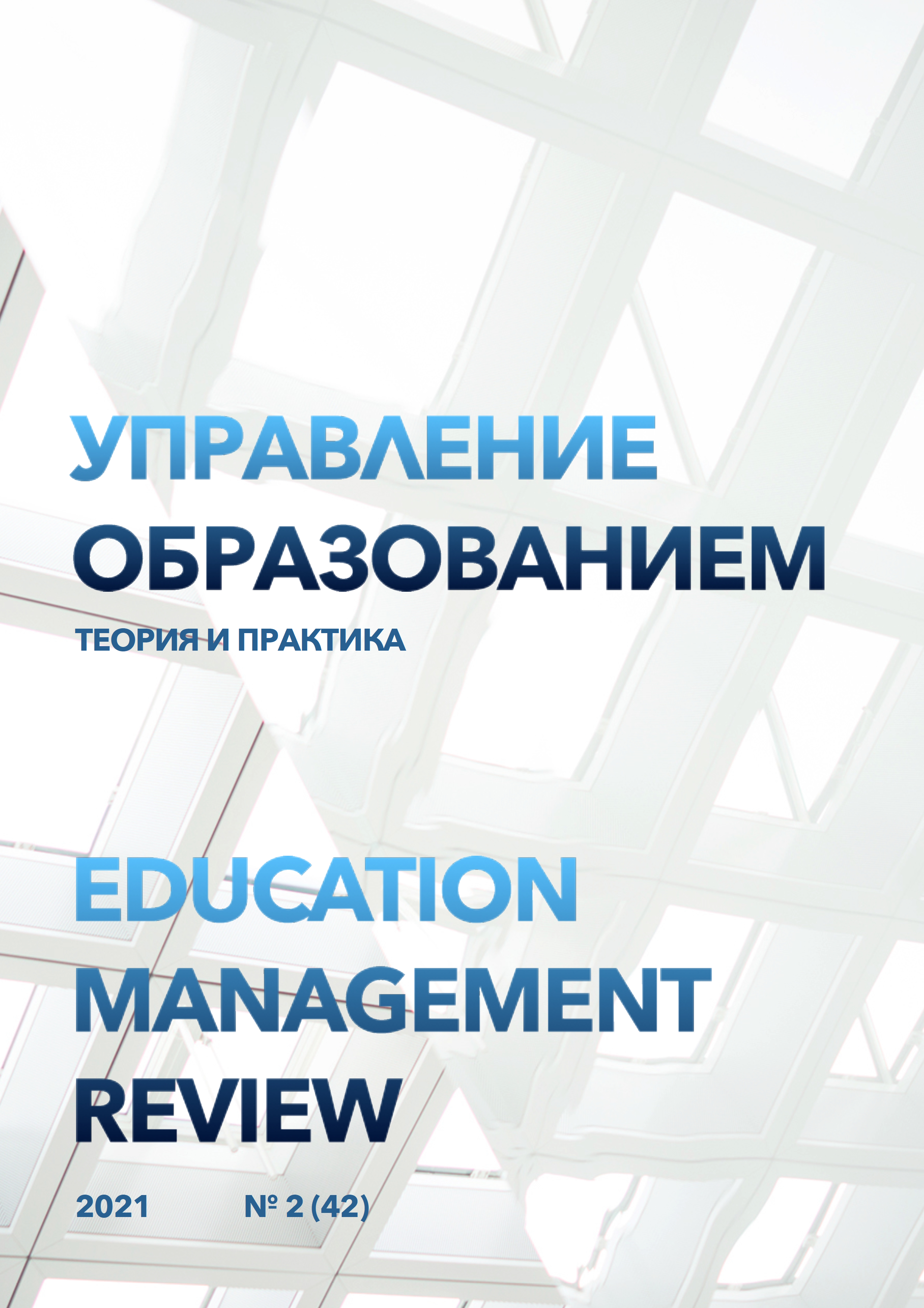Modern methods and innovations in teaching general education subjects of secondary vocational education programs
DOI:
https://doi.org/10.25726/s8303-9480-0800-gKeywords:
general education disciplines; secondary vocational education; pedagogical technology; round table method; role-playing games; situation analysis; collaborative learning; critical thinking method; project activitiesAbstract
The article is devoted to the use of innovative methods of teaching general education subjects in the professional activity of a teacher of the organization of secondary vocational education (SPE), which allow to increase the motivation of students and provide advanced entry into the profession/specialty in the key of modern trends in the system of secondary vocational education. The primary objectives of this work is to study educational innovations in the system of secondary vocational education, focused on comprehensive training of students, which is based on general education disciplines; the purpose of the article is to determine the most effective innovative methods of teaching general education disciplines of secondary vocational education programs, aimed at developing students ' critical thinking, the ability to independently make reasonable decisions in today's rapidly changing world. The authors of the article used general scientific methods of research: analysis of methodological literature, including foreign sources, in order to study the theoretical and methodological aspects of modern teaching methods in the system of secondary vocational education. The hypothesis of the study is that the use of innovative methods of teaching general education subjects in secondary education programs is the key to the advanced development of the secondary education system, the need for which is determined at the state level. The results of the analysis of modern teaching methods in the field of secondary vocational education justify the need to introduce into the learning process teaching methods based on modern science, effective pedagogical technologies for the training of professional personnel, giving not only knowledge and skills, but also teaching behavioral models.
References
Алимов Б.Н. О повышении роли общеобразовательных дисциплин в формировании профессионально значимых качеств у учащихся профессиональных колледжей // Молодой ученый. 2014. №8. С. 763-766.
Гаршина Ю.П. Практика использования современных образовательных технологий на уроках общеобразовательных дисциплин в учреждениях среднего профессионального образования // Научно-методический электронный журнал «Концепт». 2016. Т. 46. С. 90-94.
Голод Н.В. Оптимизация педагогического процесса в лицее при обучении общеобразовательным дисциплинам // Вестник психофизиологии. 2013. №4. С. 26-29.
Запевалов В.Н., Мамонтов В.О. Роль самостоятельной работы студентов в образовательном процессе // Материалы IV Международной научно-практической видеоконференции «Инновационные технологии в образовании» / под ред. С.М. Моор. Тюмень: ТИУ, 2017. С. 80-81.
Компанейцева Г.А. Проектный подход: понятие, принципы, факторы эффективности // Научно-методический электронный журнал «Концепт». 2016. Т. 17. С. 363-368.
Метод проектов // Образовательная социальная сеть. https://nsportal.ru/nachalnaya-shkola/obshchepedagogicheskie-tekhnologii/2015/06/06/metod-proektov (дата обращения: 01.04.2021).
Монако Т.П., Белогуров А.Ю. Роль дисциплин общеобразовательного цикла в профессиональном становлении современных специалистов // Вестник Южно-Уральского государственного университета. Серия: Образование, здравоохранение, физическая культура. 2005. №6. С. 160-169.
Ненашева-Кручинкина Н.В. Использование приемов социо-игровой педагогики при изучении общеобразовательных дисциплин в СПО // Материалы XXIII Международной научно-практической конференции «Теоретические и методологические проблемы современного образования». М.: Научно-информационный издательский центр «Институт стратегических исследований», 2015. С. 76-77.
О направлении инструктивно-методического письма: письмо Минпросвещения России от 20 июля 2020 г. №05-772 // Справочная правовая система «Консультант Плюс». http://www.consultant.ru/document/cons_doc_LAW_359096/ (дата обращения: 01.04.2021).
Попова С.В., Савушкина Г.Н., Климова Т.Н. Использование потенциала общеобразовательных дисциплин при формировании профессиональной мобильности // Педагогика и психология: тенденции и перспективы развития. Сборник научных трудов по итогам международной научно-практической конференции. Инновационный центр развития образования и науки. 2014. С. 73-75.
Садовская В.О. Технология обучения в сотрудничестве. https://sites.google.com/site/valeriasadovskaa/kollegam/pedagogiceskie-tehnologii/tehnologia-obucenia-v-sotrudnicestve-cooperative-learning (дата обращения: 01.04.2021).
Туголукова А.Ю. Опыт использования дистанционного обучения по общеобразовательным дисциплинам // Материалы Международной научно-методической видеоконференции «Тенденции и перспективы развития электронного образования» / под редакцией В.В. Майера, С.М. Моор, С.В. Соколковой. Тюмень: ТюмГНГУ, 2014. С. 79-81.
Филимонова А.П., Костенко С.В., Шевченко И.Н. Некоторые неигровые имитационные методы обучения в процессе преподавания математики как общеобразовательной дисциплины // Сборник научных трудов по материалам Международной научно-практической конференции «Наука и образование в XXI веке». Тамбов: ООО «Консалтинговая компания Юком», 2013. С. 143-144.
Mitchell G. The Trainer's Handbook: The AMA Guide to Effective Training. NY: AMACOM, 1998. 468 p.
Scannell E.E., Newstrom J.W. Games trainers play. NY: McGraw-Hill Education, 1980. 352 p.




